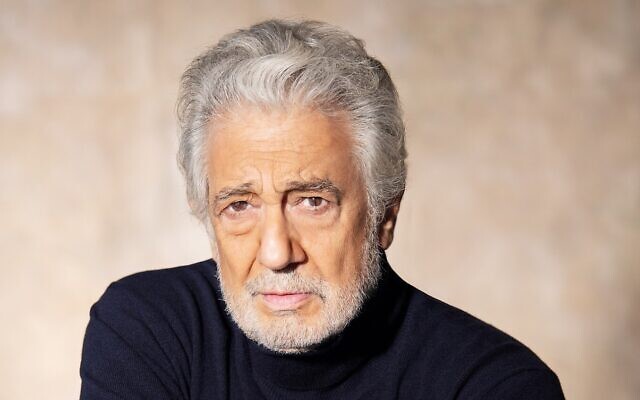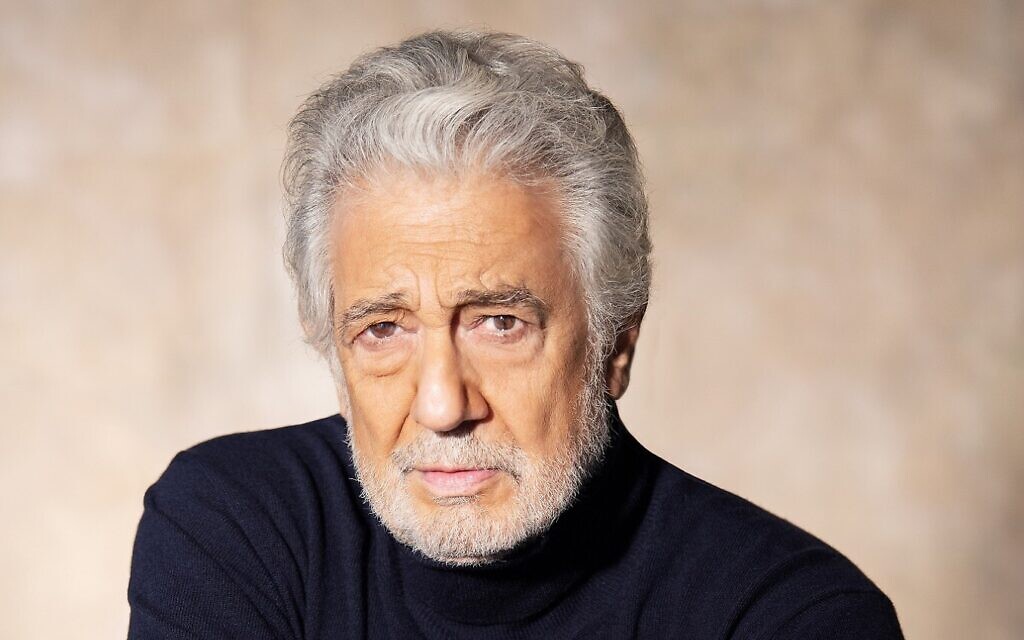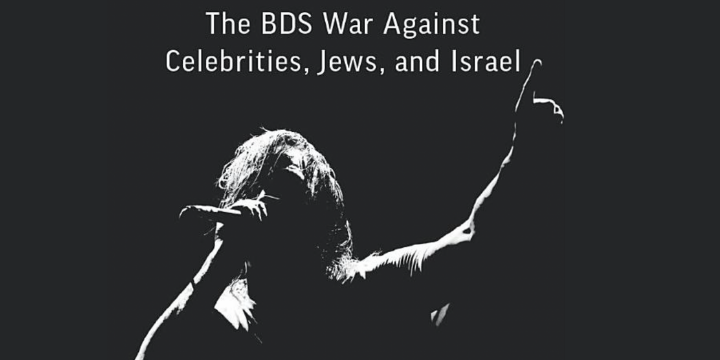Sixties Fan
Diamond Member
- Mar 6, 2017
- 73,247
- 12,704
- 2,290
You left some over there when you went there? Where exactly so that I can alert them.Are they spraying for lice?
Follow along with the video below to see how to install our site as a web app on your home screen.
Note: This feature may not be available in some browsers.
You left some over there when you went there? Where exactly so that I can alert them.Are they spraying for lice?










Israel is going to be making its own ice cream under Ben and Jerry. It will not be boycotted if sent to the Jews, Arabs, etc who live in Judea and Samaria.Israel’s claim it defeated Ben & Jerry’s melts under scrutiny

Israel's claim it defeated Ben & Jerry's melts under scrutiny
Vermont-based ice cream maker says it disagrees with move by parent company Unilever.electronicintifada.net

One reminder as to why civilians are killed in Gaza during a war.Cool, getting ready to kill more civilians.
Get your Pom Poms ready. You know the drill. Your islamist terrorist heroes will use their welfare money to pay for the parts needed to launch rockets at Israel from civilian areas. Those attacks will cause Israel to respond and civilians will be casualties.Cool, getting ready to kill more civilians.


Why the rant if BDS is losing?Despite the fact that Israel is the world’s sole Jewish state (despite a population that also includes Muslims, Christians, and others), encircled by 14 Muslim countries — many of which have made no secret of their desire to wipe Israel’s Jews from the face of the planet — “woke” BDSers nonetheless view Israeli Jews as the oppressors, and Palestinian Muslims as their victims. “Proponents of the cultural Boycott, Divestment, and Sanctions campaign against Israel claim their cause is human rights and their methods are nonviolent,” Melman writes. “They have mastered the language of the enlightened left, but scratch the surface and you will see that their tactics – along with their messaging – are anything but peaceful.”
Indeed, BDS refuses any possibilities for peace in the region. “There is no declaration in favor of a two-state solution. In fact, there is no call from BDS for a democratic Palestinian nation that would live in peace and security with Israel,” Melman writes.
Chapter by chapter, step by step, Melman’s powerful writing builds her argument with eye-opening insights into the history of the Jews, of Israel, and accordingly, the BDS movement. Throughout, her perspective remains clear-eyed and balanced; she is willing to criticize actions of Israel’s government without criticizing Israel itself or questioning its right to exist. After all, she notes, BDSers and their supporters have never called for the boycott, censorship, or destruction of American artists when they disagree with the American government, which many frequently do.
She quotes a protest by six Israeli choreographers after they were blocked from participating in a Norwegian festival: “Would you reject a Spanish artist for the Spanish policy against Caledonia and the Basques? Would you reject a Saudi artist for Saudi restrictions on women’s rights? Would you reject an American artist for the American policies regarding the ‘Muslim ban’ regulations? Would you reject a Syrian artist for bloodshed caused by the Syrian government? Would you reject an Iranian artist for the forceful reaction to the last uprising in the country? If we were Muslim Arab Israeli artists, Christian Arab Israeli artists, Bedouin-Israeli artists, Circassian-Israeli artists, Druze-Israeli artists, or Jewish-Israeli artists living abroad, would we have been denied participation in your festival as well?”
It was a scathing message. And throughout “Artists Under Fire,” Melman similarly tears the mask off the BDS movement, its organizers, and its adherents, exposing not just their hypocrisy, but their true intent: “BDS does not seek to educate,” she writes, “it seeks to intimidate.”
Yet that intimidation does more than just threaten the lives and well-being of artists, several of whom — including singer Lana del Rey — have backed out of performances in Israel for fear of their own safety. It represents a deeper political and cultural threat. “The threat to freedom of expression anywhere is a threat to that freedom everywhere,” Melman asserts. “BDS is creating a handbook for the repression of artistic expression in democratic societies. The world looks away at great peril.”
While Melman focuses on performing artists — particularly musicians such as anti-Israel activist Roger Waters of Pink Floyd and Patti Smith — the censorship and anti-Israel boycott goes further. Other artists whose anti-Israel, pro-BDS stances have motivated their antisemitic activism include graffiti artist Banksy, actress Susan Sarandon, writers Alice Walker, Sally Rooney, and more.
True, their freedom of expression has not been affected by their own choice not to participate in Israeli culture — refusing, for instance, to perform there or have their books translated into Hebrew, or in Banksy’s case, outright supporting militant Palestinian propaganda with antisemitic imagery. But as lawyer and Times of Israel columnist Craig Emanuel has written, “The actions taken by the BDS movement and similar organizations are not only a threat to the collaboration of international artists and entertainers. They also create roadblocks between people from different cultures who share something in common, and who want to be able to engage in open and honest discussions regarding cultural, political and even religious differences that can lead to the possibility of better understanding issues that are frequently misunderstood.”
And without such understanding, how can societies still flourish? “Martin Luther King, Jr. dreamed that his children would one day be judged not by the color of their skin but by the content of their character,” Melman writes. “Perhaps if he were alive now, he would dream of the day that Israeli artists would be judged not by the cover of their passport, but by their contributions to the world.”
(full article online)

Artists Under Fire: The BDS War Against Celebrities, Jews, and Israel
The cover of “Artists Under Fire.” Photo: provided. The announcement came just recently on social media: the folk band Big …www.algemeiner.com